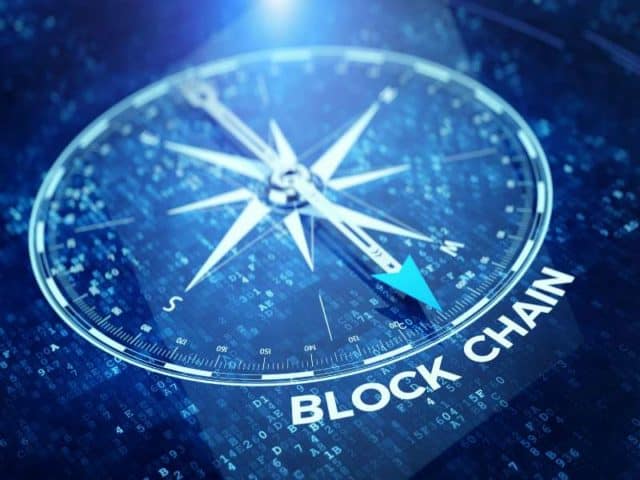
IKEA’s research and design laboratory SPACE10 has launched a project to explore how solar power can combine with blockchain technology.
Copenhagen-based SPACE10 is running the SolarVille project in collaboration with blockchain experts BLOC and Blocktech.
“Centralised energy systems are often too slow and economically inadequate to reach the billion people who remain locked in energy poverty,” said Bas Van De Poel, creative director at SPACE10.
“SolarVille showcases that, when working in tandem, technologies such as solar panels, microgrids and blockchain open new opportunities: off-grid systems allowing people to leapfrog traditional grid electricity.”
He said SolarVille is intended to create “the prototype for a realistic, scalable self-sufficient, community-driven solar microgrid, including a fully working energy trading platform enabled by blockchain technology”.
The plan is that while some households will generate their own energy using solar panels, other homes automatically purchase the excess electricity generated in the community directly from the producer.
Using remote sensors and distributed ledger systems, the transaction network enables self-sufficient monitoring and optimisation of distributed energy resources in a localised network setting – “a miniature neighbourhood completely powered by solar energy” says Van De Poel.
He explained that SolarVille wants to exploit two key concepts: to capture the huge advantages that the modular nature of solar PV can deliver; and then enhance those advantages by utilising blockchain technology.
Solutions developed by BLOC and Blocktech will allow households to automatically trade energy with each another according to their individual needs.
Distributed ledger technology is used to log and manage the energy flow, verify and record transactions, and enable energy sharing via a microgrid. The distributed ledger technology enables smart contracts within the microgrid which self-execute when certain conditions are met.
“From a technical and blockchain-based point of view, the installation is true to an intended real world installation,” said Blocktech’s Thorkild Grothe-Møller.
“The project demonstrates that it is possible to provide a transaction-based system for the less privileged humans having little or no access to electricity, which is both tamper-free, secure against hacking and protected against central governance by powerful and sometimes corrupt companies and governments.”
The unveiling of SolarVille coincides with the release of a study from SPACE10 called ‘A Brighter Tomorrow: Solar Power and Its Importance to the World’s Energy Future’ , which champions solar microgrids as a pathway for widespread adoption of renewables.
